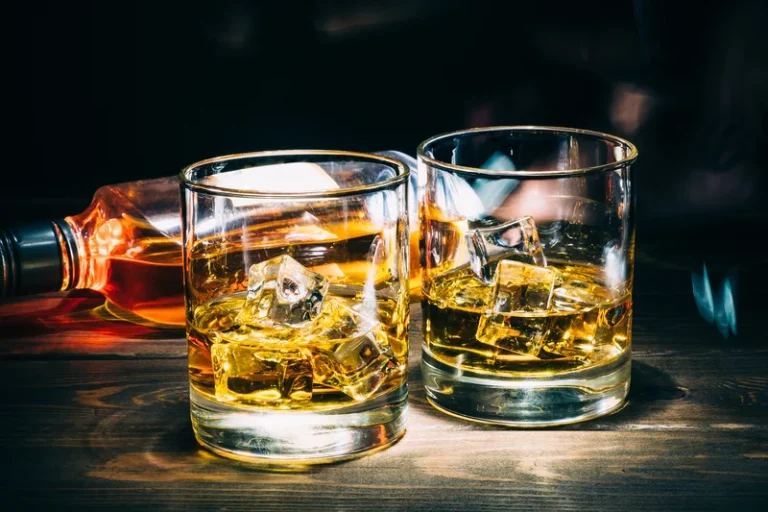Boredom can be a common relapse trigger for those in recovery, especially in the earliest stages. That’s because drugs and alcohol change how the brain works. The human brain releases dopamine to reward behavior and drinking out of boredom encourage one to reinforce it. Reframe supports you in reducing alcohol consumption and enhancing your well-being. You’ll meet millions of fellow Reframers in our 24/7 Forum chat and daily Zoom check-in meetings.

Create a Healthy Support System
- This strategy may also help them eat mindfully, which can regulate appetite hormones.
- So I’d move the dinner along more quickly, thank them for hanging out, and dart back home.
- And to stay motivated, take a moment to jot down in a journal how you feel after making progress in your hobby.
- Forming healthy connections with other people is an important of this process.
- Plus, you might meet some cool people, and that’s always a double win.
- After being referred to a gastroenterology clinic, she was also placed on a low-carb diet to deprive the fungi of sugar to ferment.
- Melody is here to help as you adjust to a life with less (or no) alcohol.
When that’s the case, it’s a sign of deeper problems that need solving. I just wanted to go home and crack open a bottle of hard cider. So I’d move the dinner along more quickly, thank them for hanging out, and dart back home.
The Takeaway: How To Deal With Being Sober and Bored
- It’s the fine line at which point a person may cross over from casual drinking into having an alcohol use disorder.
- There are online resources, such as the MyPlate guidelines, that help plan healthy meals.
- Let’s address another reason life without alcohol feels boring.
- Getting outside and communing with nature is scientifically proven to reduce stress and improve mental health and cognitive function in both kids and adults.
Each week, gradually decrease your intake until you are no longer using caffeine. Giving up caffeine slowly may be the best approach to quitting because it keeps your system from being shocked. Researchers have found that people who gradually reduce their caffeine consumption over time have better success rates than those who stop suddenly.
Build a strong support network.

Regularly consuming alcohol when you’re bored has both short-term and long-term effects on your health, even if it doesn’t lead to a drinking disorder. People often use alcohol to enhance experiences, but this kind of drinking is problematic because it makes you dependent on alcohol to not feel bored or to have a good time. For example, most people drink at concerts, sports events or parties to transform their experience and heighten the moment. In fact, 93% of Americans report using caffeine, and 25% say they use it three or more times per day. But if you suddenly stop using caffeine, you may experience caffeine withdrawal—a group of symptoms that can develop in response to the absence of caffeine.

Addiction Treatment Programs
- In the process, you will also learn to balance positive and negative emotions, leading to a more stable emotional state.
- And to make your caffeine quitting successful, you can try other energy-boosting methods, like physical activity, to replace the caffeine.
- It’s even harder if your loved ones don’t support your sobriety.
- But the deliciousness does not have to come from the taste—it comes from the feelings.
- Every month, we launch fun challenges, like Dry/Damp January, Mental Health May, and Outdoorsy June.
- And then separately, researchers have evaluated liver function among people who drink kind of regularly and then stop for a while.
- As part of your daily “boredom prevention plan,” schedule a reward for not drinking when you otherwise would.
- The pandemic has been here and, at the time of this writing, is continuing to keep our world in a state of flux.
- Replacing boredom drinking with enjoyable and fulfilling activities can help you maintain a healthier lifestyle and improve your mental health.
- It doesn’t have to be extravagant; can provide a change of scenery and stimulate your senses.
- You feel like an automaton simulating a life, but not finding any real purpose, joy, or meaning.
- Boredom can also lead to complacency, as you may begin to take your sobriety for granted and believe that you are no longer at risk of relapse.
Reasons You Might Feel Bored in Sobriety

